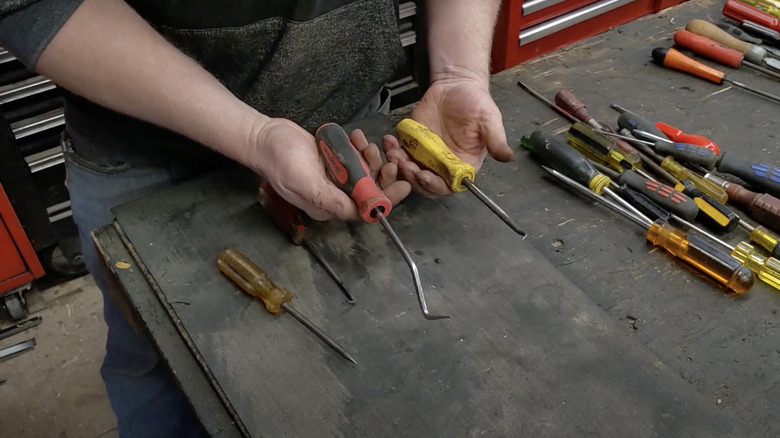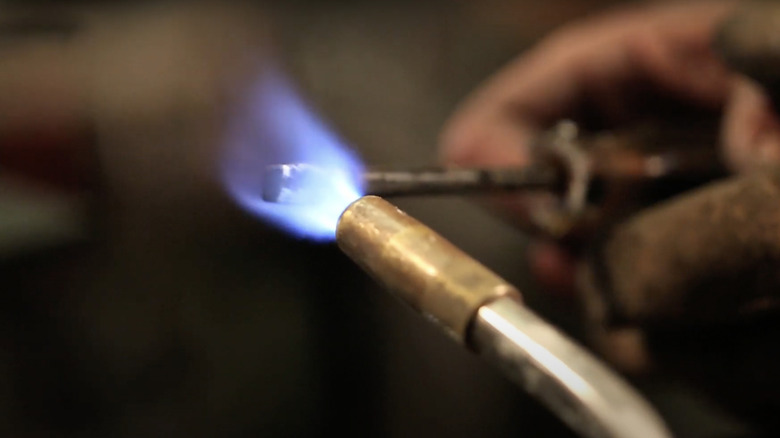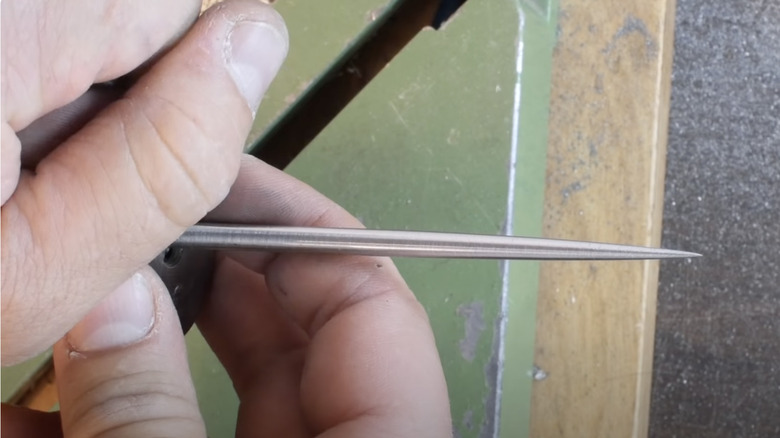Don't Throw Out Your Old Screwdrivers – Repurpose Them Into Different Tools Instead
Every now and then, or when we're trying to avoid other chores in our homes, we dive into the depths of our garages and begin the Sisyphean task of organizing all the tools and trinkets. As we go through the organization process, the inevitable occurs and we find ourselves with a dozen multiples of different tools, especially screwdrivers. While no one really plans to get multiple copies of the same tool, it happens for a variety of reasons. In some cases, it could be because we invested in multiple kits or tool sets, wherein they each have a screwdriver as part of the package. Or maybe you got a free screwdriver with some furniture that needed to be built. Or, it's also possible that we undertook a renovation project wherein multiple people had to have their own tools for simultaneous use, but have completed it already.
Although it's never a bad idea to have an extra tool here and there, it can quickly lead to clutter. Additionally, there are now electric screwdrivers that have taken the place of traditional screwdrivers in many projects. Not to mention, it can be time-consuming to maintain and keep the rust away when you don't get to regularly inspect them. Thankfully, there are ways to turn extra screwdrivers tucked away in your garage into new tools that get to see the light of day more often.
Give your screwdriver a makeover
One of the easiest ways to reuse screwdrivers is to make use of their handles, which can also have hidden features like fitting into torque wrench hex sockets. Depending on what tools you frequently use or have lying around, they can be attached to files, ratchets, or other hand tools that may benefit from a better grip. To do this, simply remove the screwdriver handle and slot it at the end of your other tool. Not only can it help improve comfort, but this can also help you differentiate between similar-looking tools.
Alternatively, if you're comfortable around power tools, you can do things like sharpen them into poker screwdrivers or even bend them into hooks. Similarly, YouTube creator "i made this" has an elaborate tutorial for how to turn old screwdrivers into an awl. On the other hand, if you have damaged flat screwdrivers, they can also make great chisels for woodworking. If you're not sure how to start, Popular Science shares a great tutorial for how to make a chisel that can cut wood evenly. And if you're comfortable around saws, there are also ways that a flat screwdriver can be used to make a mini crowbar to help pry out nails.
However, if you don't have the right equipment to make these changes to your screwdrivers, don't worry. There are other things you can do with old or extra tools like your screwdriver without changing them up, especially if they're old but not necessarily broken.
Giving new life to old tools
If you have an abundance of extra tools, even after you've already repurposed a good number of them, you can find other ways to get them into the hands of people who need them the most. Should they still be able to function properly, it's likely that someone else can benefit from their use or at least be part of their collection. In fact, you may even be able to get a pretty penny for old tools, especially if they've been well-maintained. These days, there are plenty of valuable tools that people look for in garage sales, which are influenced by collectors or people who want to support American-made products. Because of this, while you may think that your rusty Stanley hand plates, "Made in America" Craftsman tools, or Snap-on collection look like eyesores, someone else may salivate at the vintage sight of them.
Alternatively, if you don't really want to go through the effort of hosting a garage sale, you can start grouping different tools together to make "kits" that can help someone in need. For example, you can give these sets to new drivers who are still building their emergency auto kits or people who have lost their toolboxes during natural disasters. Alternatively, you can donate them to people who are starting new lives, like students in their first year of university or newly separated friends who may need to build furniture in their new homes.


